Book: The Nobodies

Photo Credit: EdwinSantiago.com
Header Photo Courtesy of Liza Palmer
Author: Liza Palmer
Author Bio:
"Liza Palmer is an internationally bestselling author of nine novels, including Conversations with the Fat Girl and Nowhere but Home. An Emmy-nominated writer, she lives in Los Angeles and works for BuzzFeed." (Source: www.lizapalmer.com)
1. Your novel The Nobodies, tells a story of a young journalist that must grow comfortable with rediscovering herself and career transitions. What’s some advice you have for anyone feeling they need to reinvent themselves?
I get how scary and insurmountable it feels. The fear is visceral and muffles everything around you. And I know that it is as earth-shattering as you think it’s going to be and that… that’s what makes it so absolutely, breathtakingly necessary.
Because it’s not just one thing, right? It’s not just – oh, I think I need to find a new job maybe… it’s that you have this sneaking feeling that if you start organizing this one drawer that you’ll see all the other drawers in your life that need attention. The biggest piece of advice I could give is to stay curious and brave as the adventure begins. To just do the next right thing. I know this is hard. We wouldn’t avoid it so violently if it weren’t.
2. What are some characteristics that you share with Joan?
One of the pivotal sequences in the book is when Joan retells the story of her father’s dog, Alan. Alan was a stray who battled anxiety and it was only when Joan’s Dad gave him a little backpack that he was able to feel secure. Like Joan (and Alan), I’m a dog that needs a backpack.
I need a job, a task, a purpose or else I start to tear up the couches inside my head. So, when Joan - and my - career paths became more and more uncertain, I struggled to find certainty within myself, as opposed to relying on something more external.
3. You write on a very wide variety of topics. How is 'The Nobodies' different from anything you’ve written in the past?
I think despite the settings and subjects varying wildly, to me, the books all orbit the same human experience: figuring out who we really are and finding the courage to be that.
4. Is there a main point or directive you want readers to take away from The Nobodies?
I want to get a global conversation started around failure. A REAL conversation that doesn’t advertise failure only being valuable if it yields an Enviable, External Success. Failure not only turns you inside out, but it also heightens those myths you’ve longed feared and believed about yourself: I’m not good enough, I’m just lucky to be here, and when will people see that I’m a fraud.
And digging your way out is never going to be about achieving that Enviable, External Success – it’s going to be about challenging those old myths. The journey that failure takes you on is a hell of a lot more significant than whatever hollow success you’ve told yourself will make it all worthwhile.
5. Do you have any words of advice for Gen-Xers working in predominantly Millennial environments?
Let yourself learn. I swanned into BuzzFeed all pride and ego, looking around (and down) on everyone who worked there, dripping with smug – and completely fear-based - an entitlement that all but ensured I’d crash and burn (which I did.) It was only when I surrendered when I allowed myself to be curious and start from the bottom rung that I was defibrillated. And it’s legitimately the best thing that’s ever happened to me. I am so thankful for the Millennials who, unlike me, were far more open-minded.
6. Was there a connection between your work experience at BuzzFeed and the backstory of Joan, seeing that she is a writer by trade?
100%. This book exists because of my years at BuzzFeed. But more than the setting and the culture, it’s my very steep and VERY public learning curve that’s the true driving force of The Nobodies. I’d… stopped learning. Stopped being curious. Stopped wanting to be uncomfortable. As you get older, learning new things isn’t something you really have to do. You can CHOOSE to do it, but you don’t HAVE to do it.
You get good at stuff and as you get good at stuff, your world narrows around getting better and better at the stuff in which you’re already good. So, to be dropped into a world where I was – and this isn’t me bashing myself, it’s just an accurate assessment – pretty bad at everything injected me with exactly the life-saving shot of adrenaline I was too shut down to even know I needed.
7. When did you find your voice as an author?
In the fifteen years, I’ve been doing this, my writing has gotten tighter and more confident. In the beginning, I had a lot of wrong ideas about what a “real writer” was – mostly everything that I wasn’t. I didn’t go to college, I barely graduated high school and reading was – and still is - hard for me.
All of these factors equaled a pretty substantial helping of shame when it came to the big question about whether or not I was a real writer. Each book was an apprenticeship and over the years I’ve done the work outside of writing* (*therapy) to truly come to value my own way of telling a story.
8. What does the saying “fail forward” mean to you?
I think it’s something around the idea of making your mistakes count and with great risk comes great failure, but born from that great failure is winning and success and while I do believe that (up to a point) for me it’s far more complicated. Having gone through failure myself, I don’t want to be part of the machine that perpetuates this faux-inspirational bullshit around failure only being meaningful if it yields the trophy you set your mind to before the big fall happened.
That theory suggests that the experience of failure has left you – and your goals - unchanged. For me? Failure inconveniently recalibrated what “success” meant. That it’s not about some achievement I could hold high above my head… it’s way more about believing I’m good enough despite having or not having that achievement. That’s so much harder than letting some trophy confirm how worthy I am as a person.
9. What are some things you wish you knew about promoting your books when you were first starting out as an author?
At BuzzFeed, the metric of success isn’t the number of views a video gets, but how long someone watches the video. Because how long someone watches the video equals how engaged someone is with the material.
So, yes, one big write up will get your book to sell – but being aligned with your audience, knowing your book’s impact and why your book resonates will put your book at the wonderful, gooey center of an engaged community.
And to get that wonderful, gooey community, you have to know what your book is about. And not the minutiae and the plot or the little details we think are clever. No, the big sh*t: Why did I write this book? What am I trying to say or add to the conversation? Why would someone share this book with a close friend?
Promoting your book can be exhausting and maddening in every way possible, but if you adjust your metric of success from big numbers to an engaged community it should make things a bit more thought-provoking.
Places To Find More From This Author:
Instagram: @lizapalmer
Twitter: @LizaPalmer
Website: www.lizapalmer.com
Pre-Order Your Copy of The Nobodies Today!


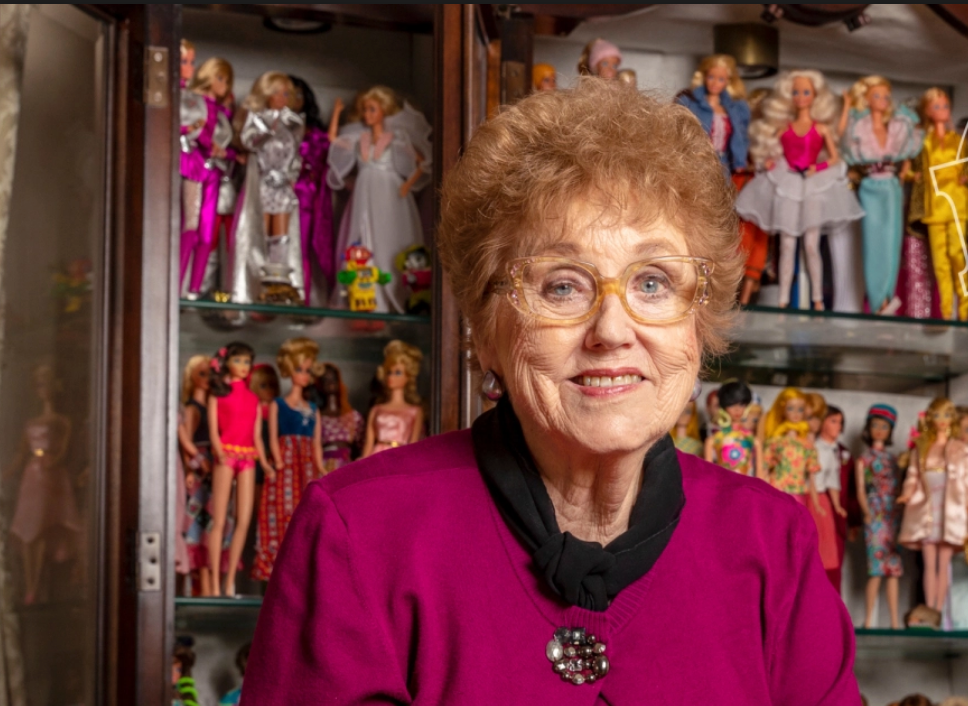
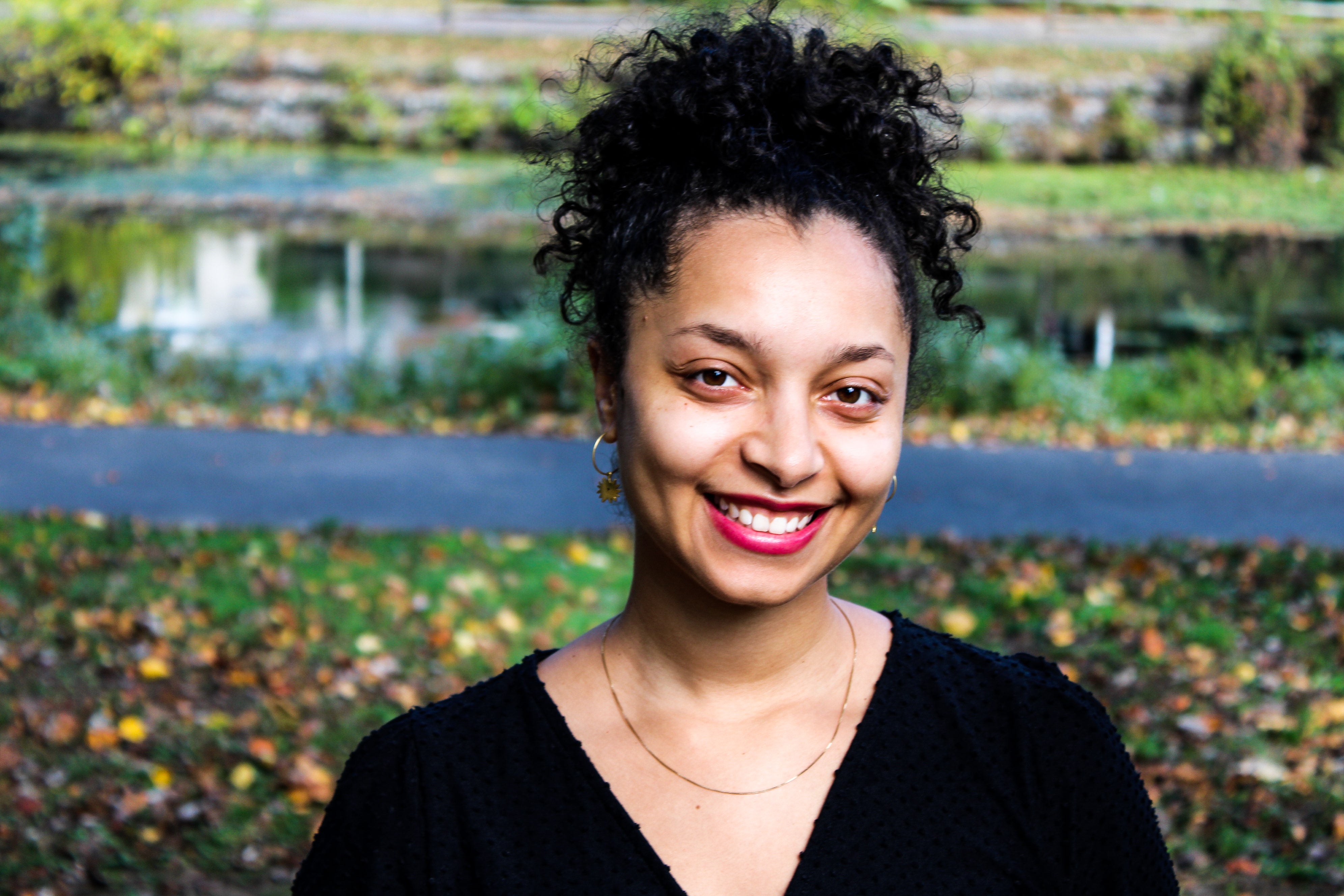
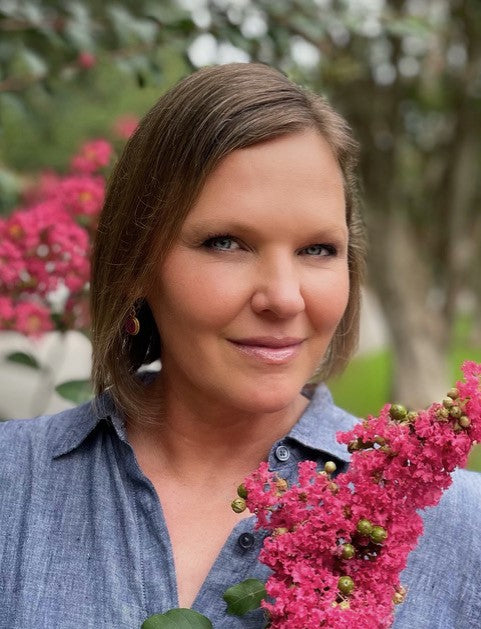
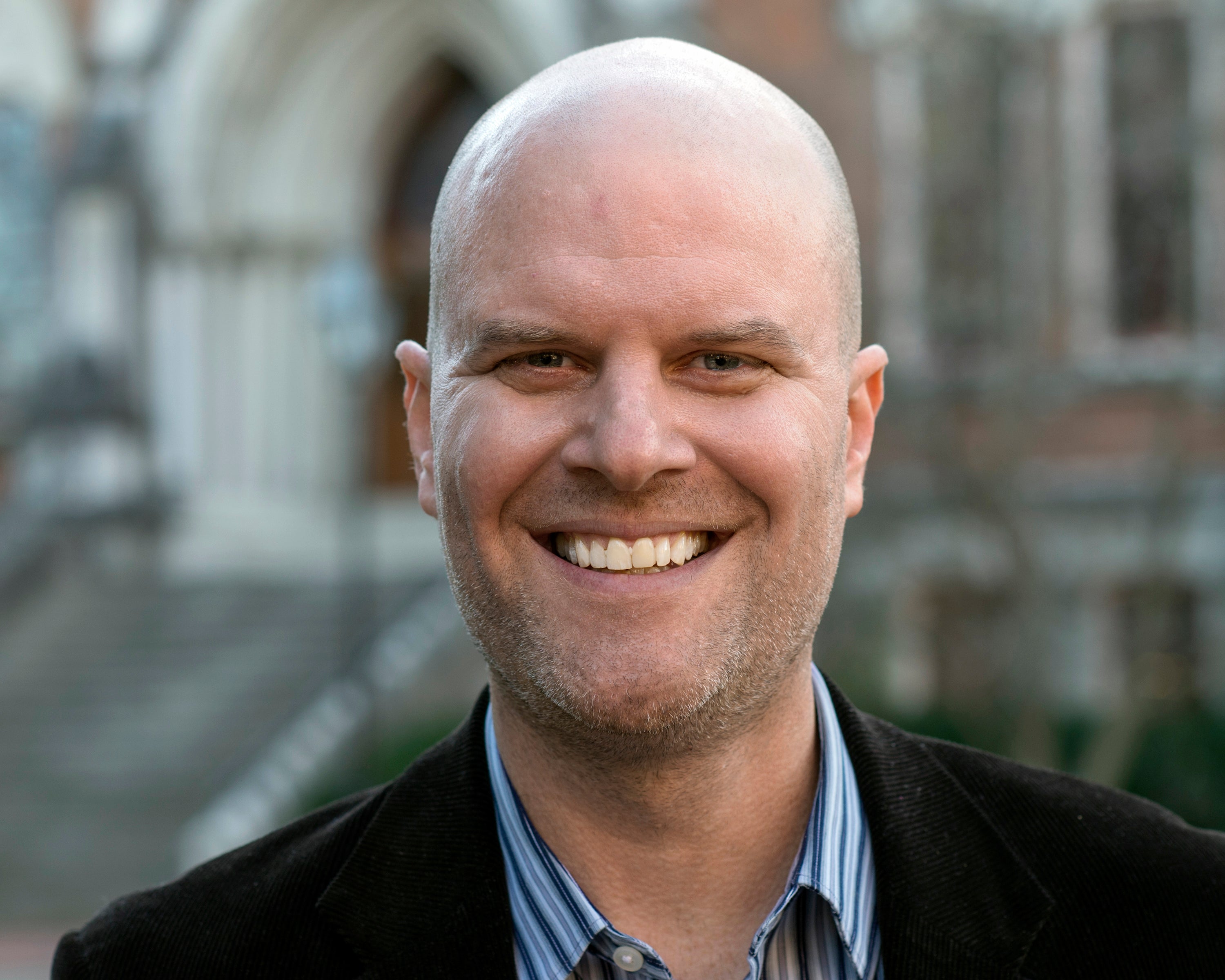
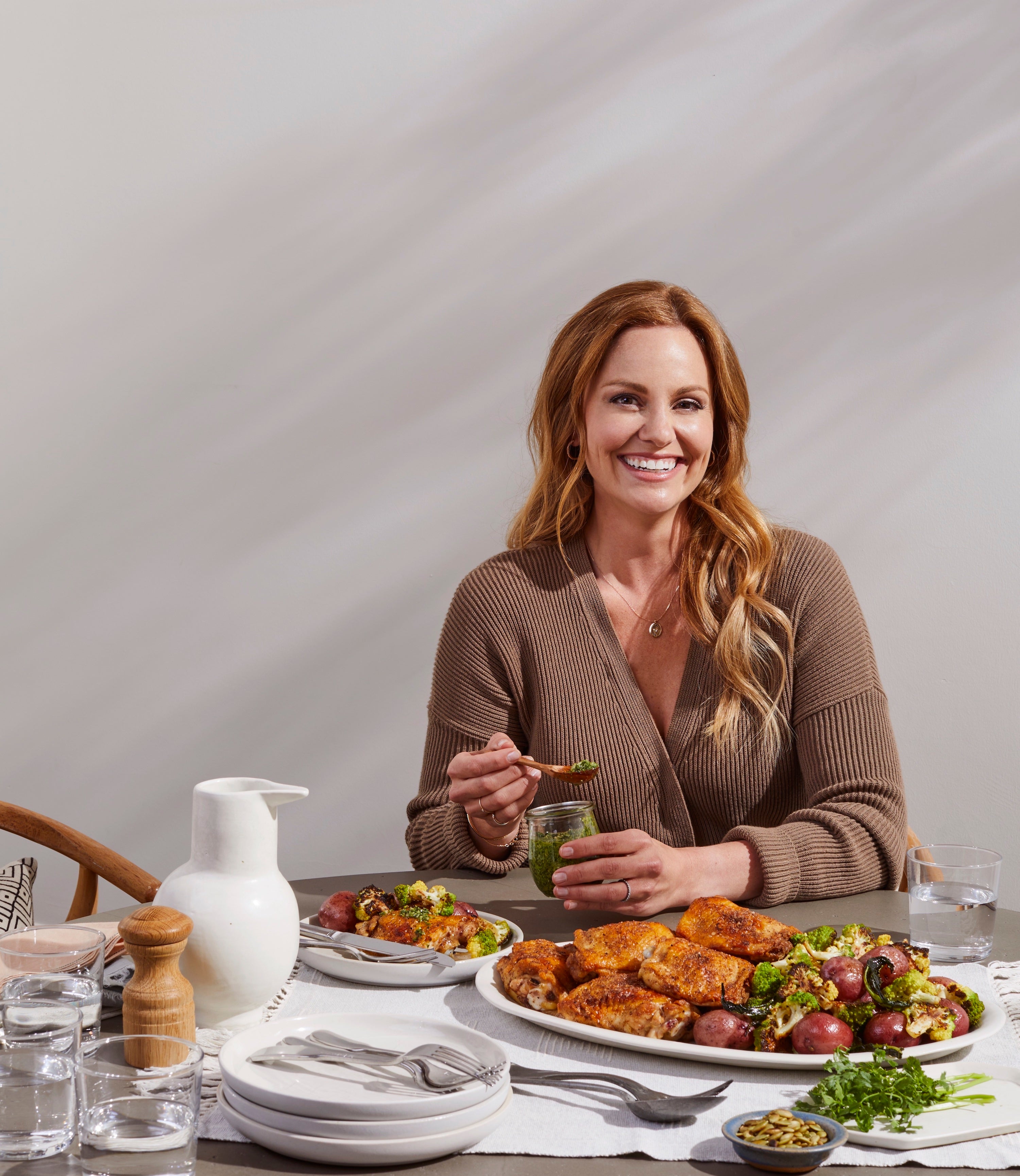
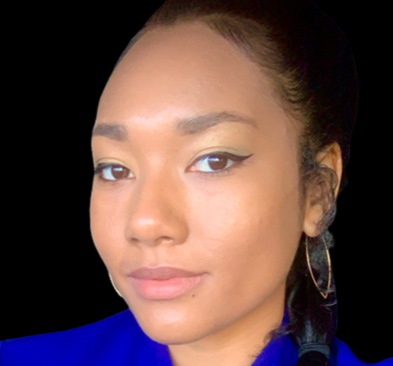
1 comment
How did you get started?
Kind regards
Jessica